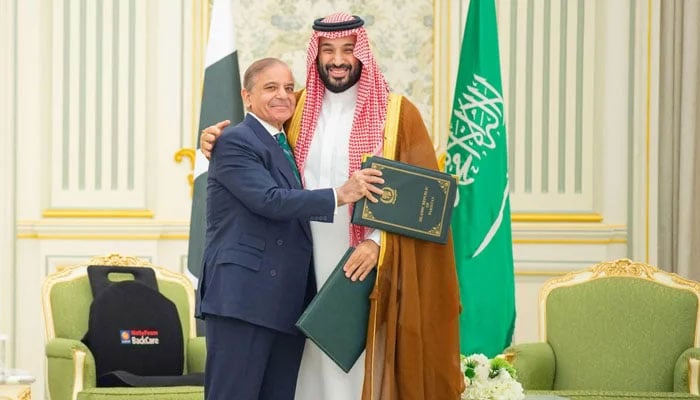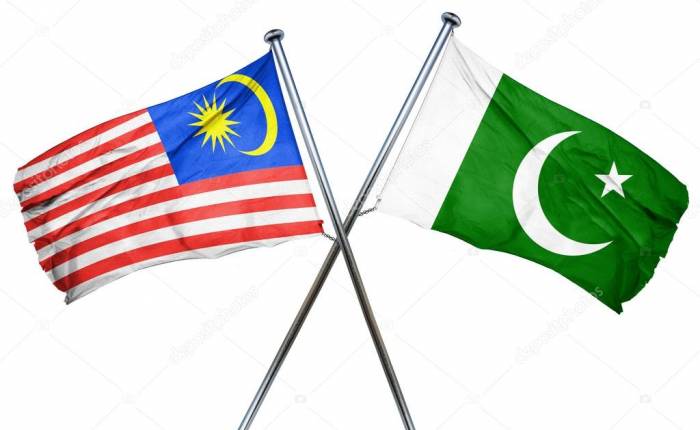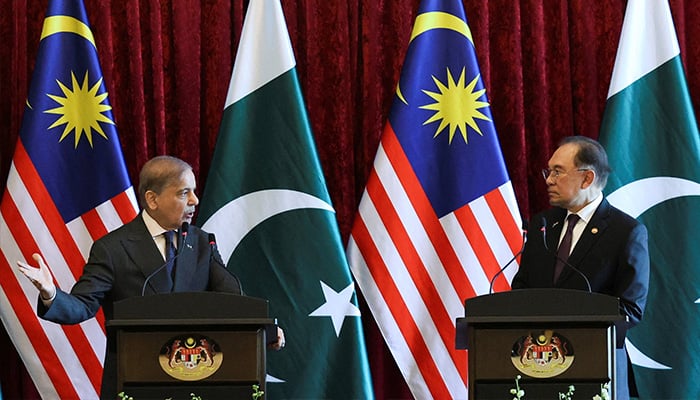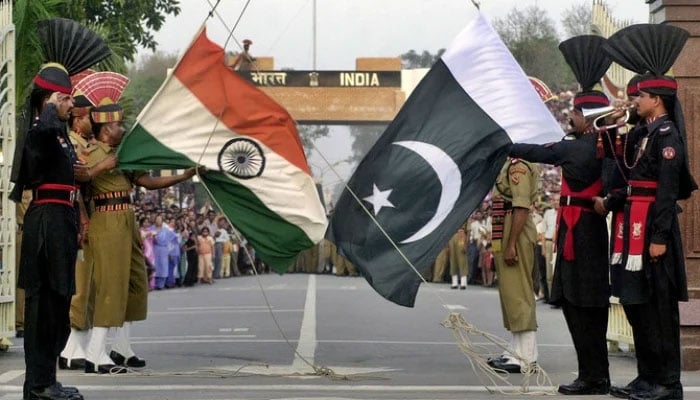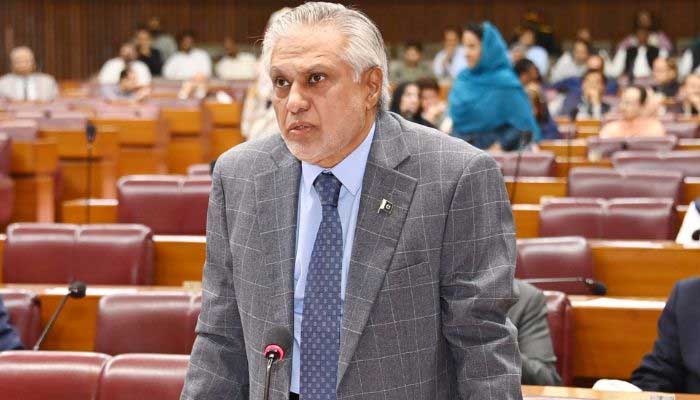Rawalpindi, In a rare and strongly worded interview with Al Jazeera, Pakistan’s Director General of Inter-Services Public Relations (DG ISPR), Lt. Gen. Ahmed Sharif Chaudhry, accused India of orchestrating a “systematic campaign of state-sponsored terrorism” targeting Pakistan, particularly its restive Balochistan province.
The remarks come in the wake of a deadly bombing in Waziristan last month that claimed the lives of 16 Pakistani soldiers and left over 20 others injured. The attack was claimed by the banned Tehrik-i-Taliban Pakistan (TTP), a group Lt. Gen. Chaudhry referred to as part of the broader militant movement he labeled “Fitna al-Khawarij” — a term used in Pakistan to denote violent actors who challenge the state under religious pretense.
India’s Alleged Role in Regional Destabilization
According to the DG ISPR, India is financing and supporting terrorist elements within Pakistan to foment unrest, especially in Balochistan — a province that has long been the epicenter of a low-intensity insurgency. The General cited the term “Fitna al-Hindustan” to describe groups allegedly backed by Indian intelligence services. He directly named Indian National Security Advisor Ajit Doval as the “mastermind” of a broader terrorism network operating against Pakistan.
“India has adopted state-sponsored terrorism as a policy against Pakistan,” said Lt. Gen. Chaudhry, adding that Indian political leadership has, on multiple occasions, admitted to such efforts. He also claimed that several international actors, including the United States and Canada, have acknowledged India’s involvement in cross-border terrorism.
Religious Justification and the Role of the State
A key part of the DG ISPR’s message centered on the ideological battle within Islam. He emphasized that “only the state has the authority to declare jihad,” pushing back against extremist interpretations used by groups like the TTP to justify violence. The term “Fitna al-Khawarij,” he said, refers to those who betray Islam and Pakistan by engaging in armed struggle against the state.
“These groups have no connection to Islam, humanity, or Pakistani traditions,” he stated.
Nuclear Deterrence and Strategic Stability
Touching on broader security concerns, Lt. Gen. Chaudhry reaffirmed the safety and credibility of Pakistan’s nuclear arsenal. “No one can dare to target our nuclear program,” he said, stressing that Pakistan remains a “responsible and declared nuclear power” with an invincible deterrent.
The statement seems aimed at addressing recurring international concerns over the safety of nuclear assets in a volatile security environment, especially following regional developments involving Iran and Israel.
Support for Iran Amid Regional Volatility
In a diplomatic note, the DG ISPR also reiterated Pakistan’s political and diplomatic support for Iran, which he described as a “target of Israeli aggression.” The mention is significant, coming amid heightened tensions in the Middle East and broader questions about shifting alliances in the region.
The DG ISPR’s statements signal a renewed willingness by Pakistan’s military establishment to confront India on international platforms and redefine public narratives around internal militancy. While the accusations are not new, the timing and venue — a major global news outlet like Al Jazeera — suggest a strategic move to shape global opinion amid worsening regional security dynamics.

